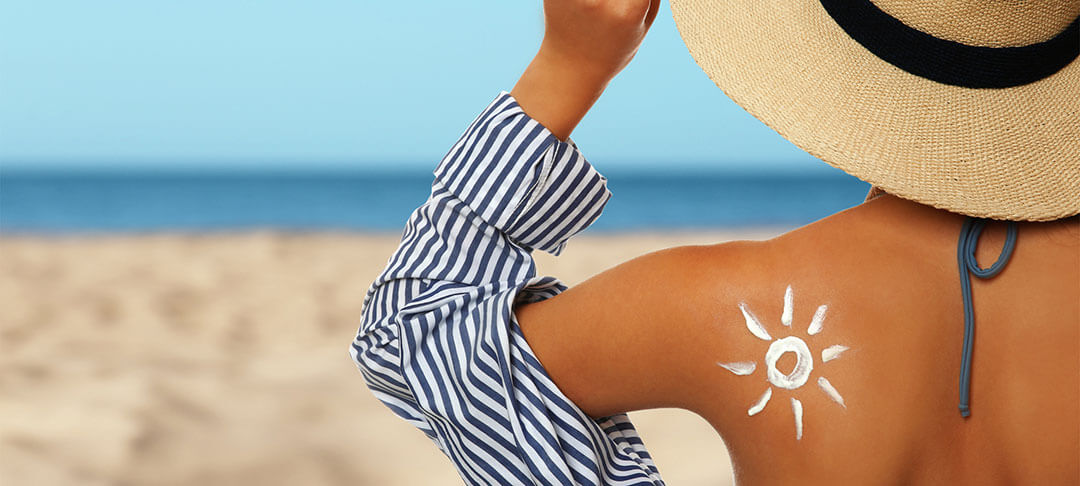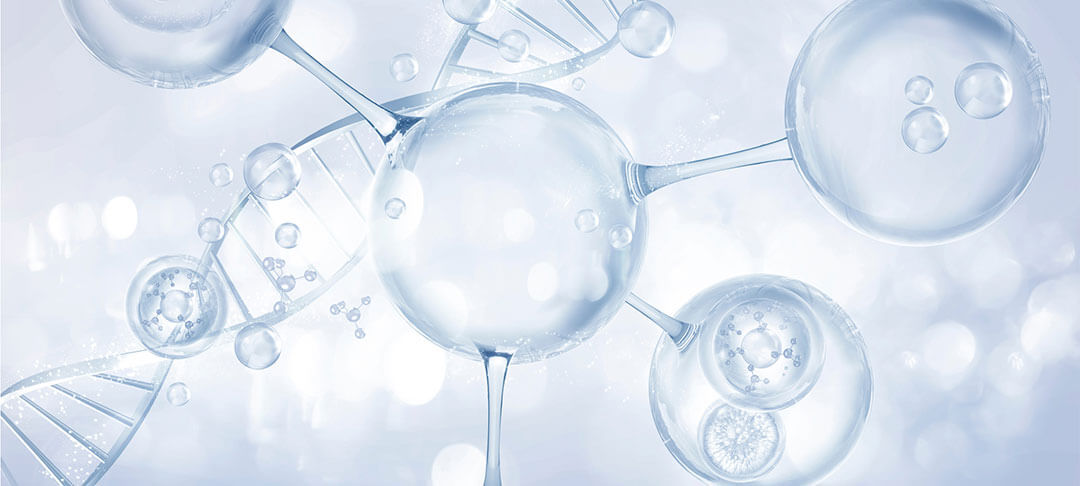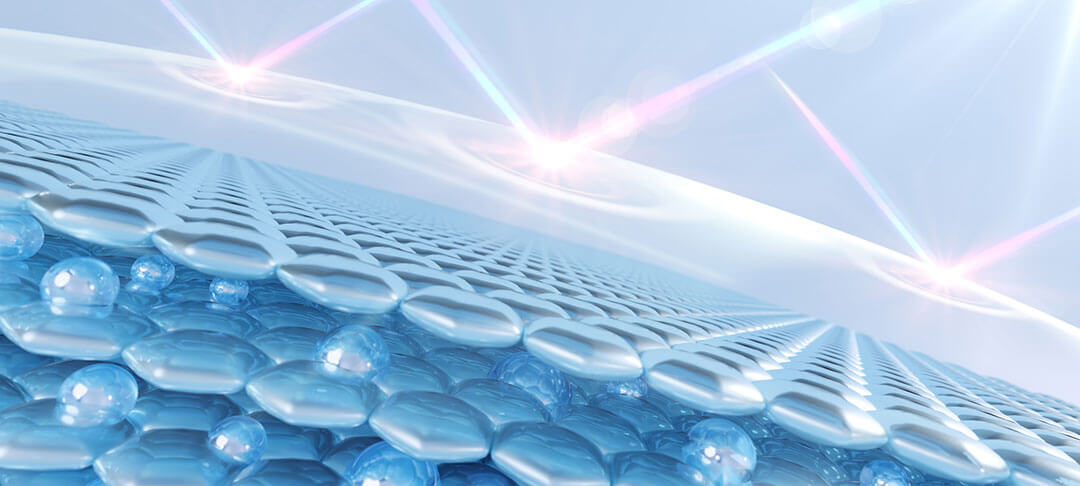Skin Types
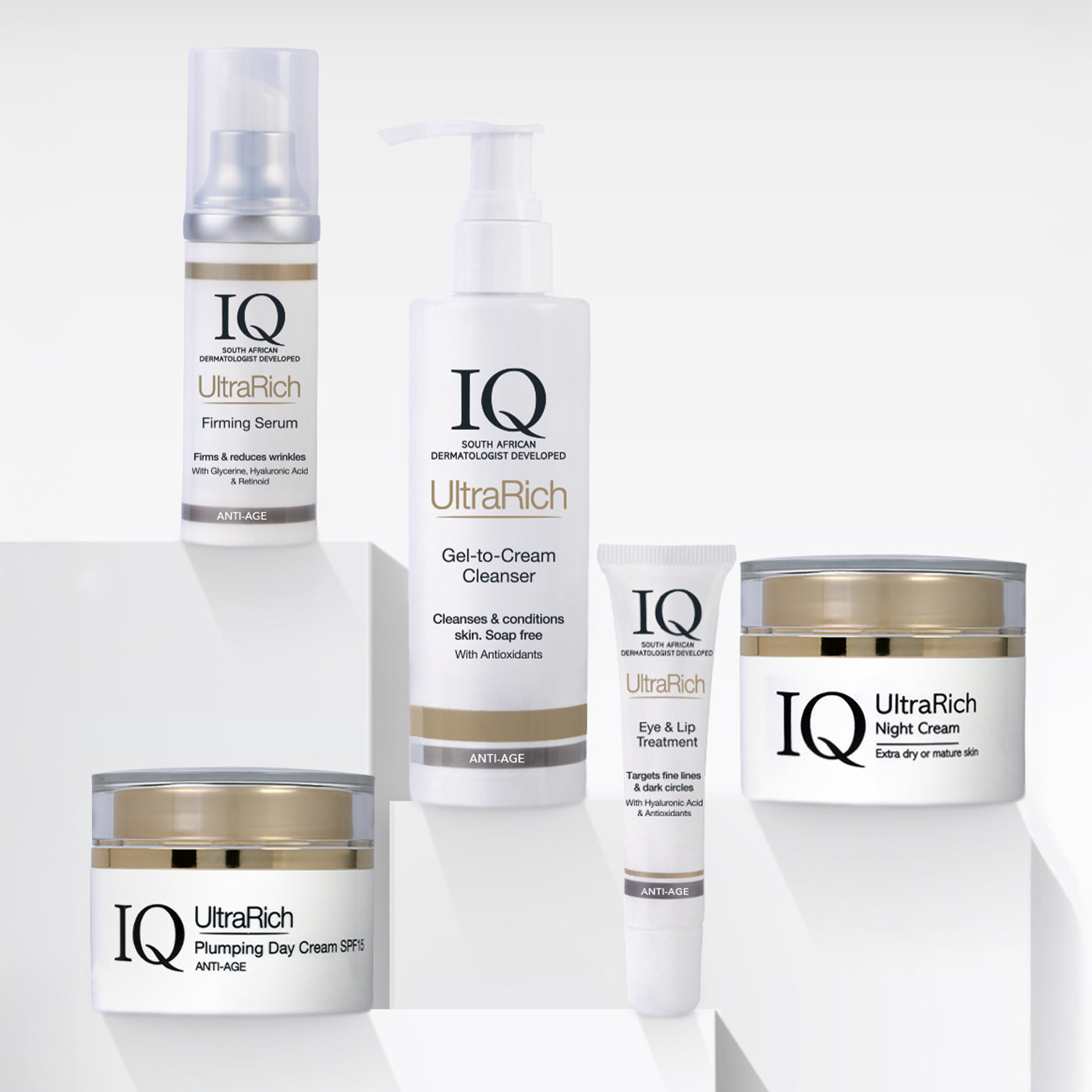
Dry
Dryness is caused by a lack of oil in the skin, which may result in flakiness, sensitivity, and itchiness. Lifestyle and environmental factors, or chronic conditions like eczema can cause dry skin. Dry skin is less elastic and tight because the skin lacks lipids or fats. To care for dry skin, it’s essential to seal in moisture by applying a rich moisturiser daily, avoid using harsh soaps, or products with high fragrance levels. Try introducing a serum to your moisturising routine as serums generally contain higher active levels relative to moisturisers, and prioritise drinking enough water everyday.
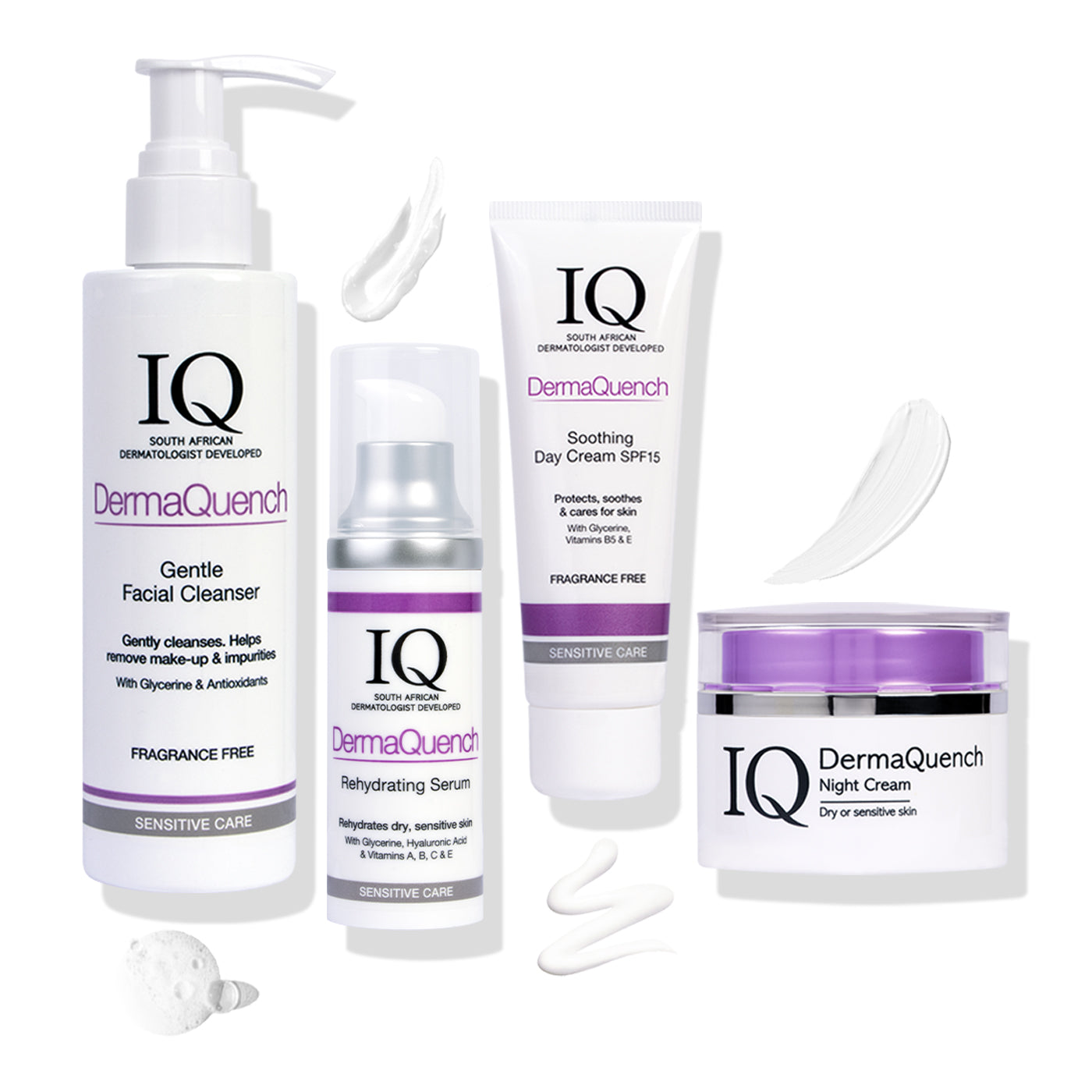
Sensitive
Skin sensitivity stems from genetics, allergies or environmental factors. The tell-tale signs of this skin type include skin that flushes easily, frequently develops rashes or bumps, often stings or burns after using skincare products (especially ones with fragrances), and has areas of flaky, irritated skin. Individuals with sensitive skin must be careful when choosing skin care products. Sensitive skin types need to avoid using products that are highly fragranced or have levels of irritants like alcohol. Look instead for products with less additives and ones that are calming, soothing and have anti-inflammatory properties.
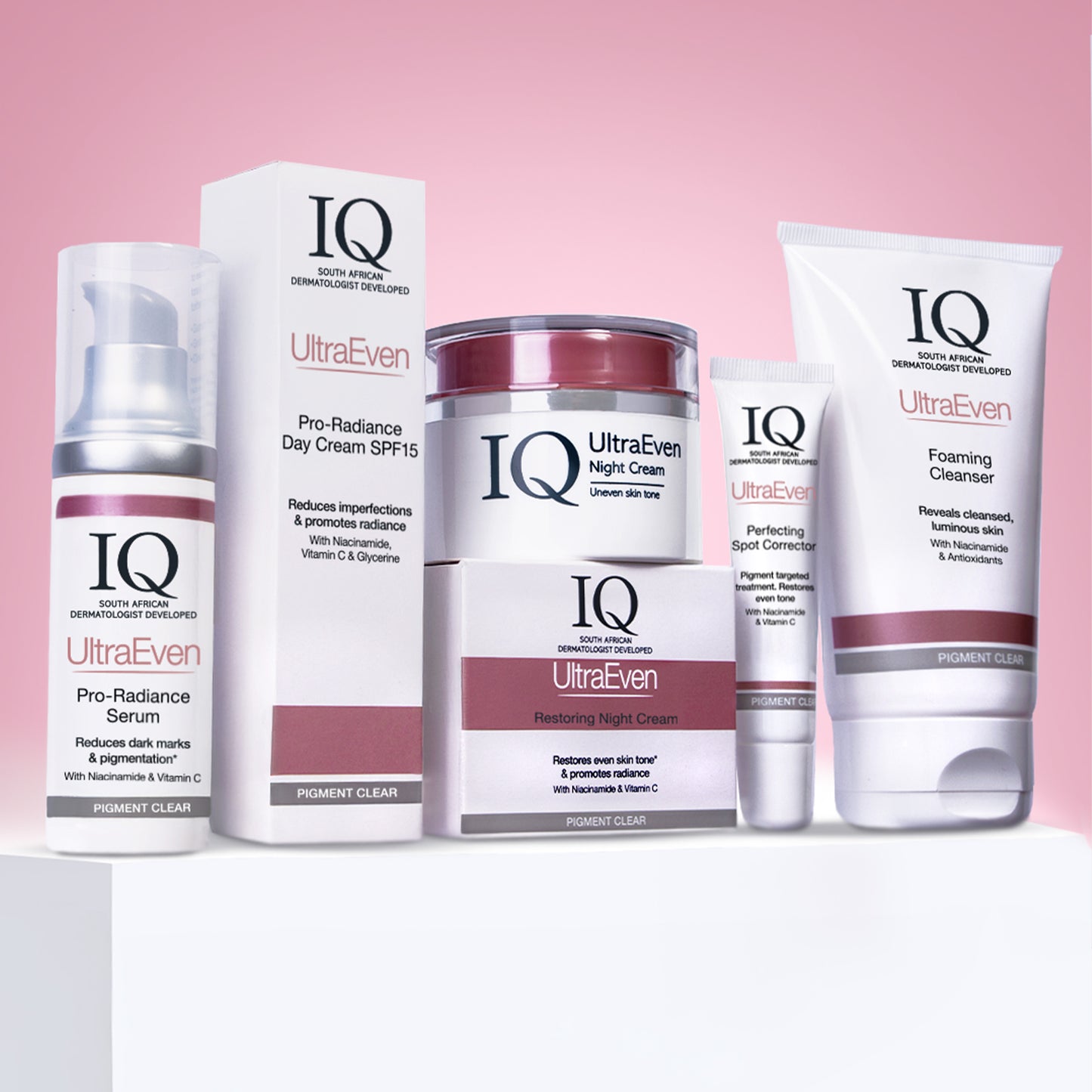
Combination
Combination skin takes its name from the fact that it is a mixture of two skin types: unproblematic and oily. An individual with combination skin will have oily skin and develop blemishes in the t-zone of the face, or the area across the forehead, down the nose, to the chin. By contrast, the rest of the face tends to be well-balanced and sometimes dry. With this skin type, it’s best to avoid both high oil and alcohol based products, isolate problem areas with spot treatments, and use toners or balancing creams to even out the skin.
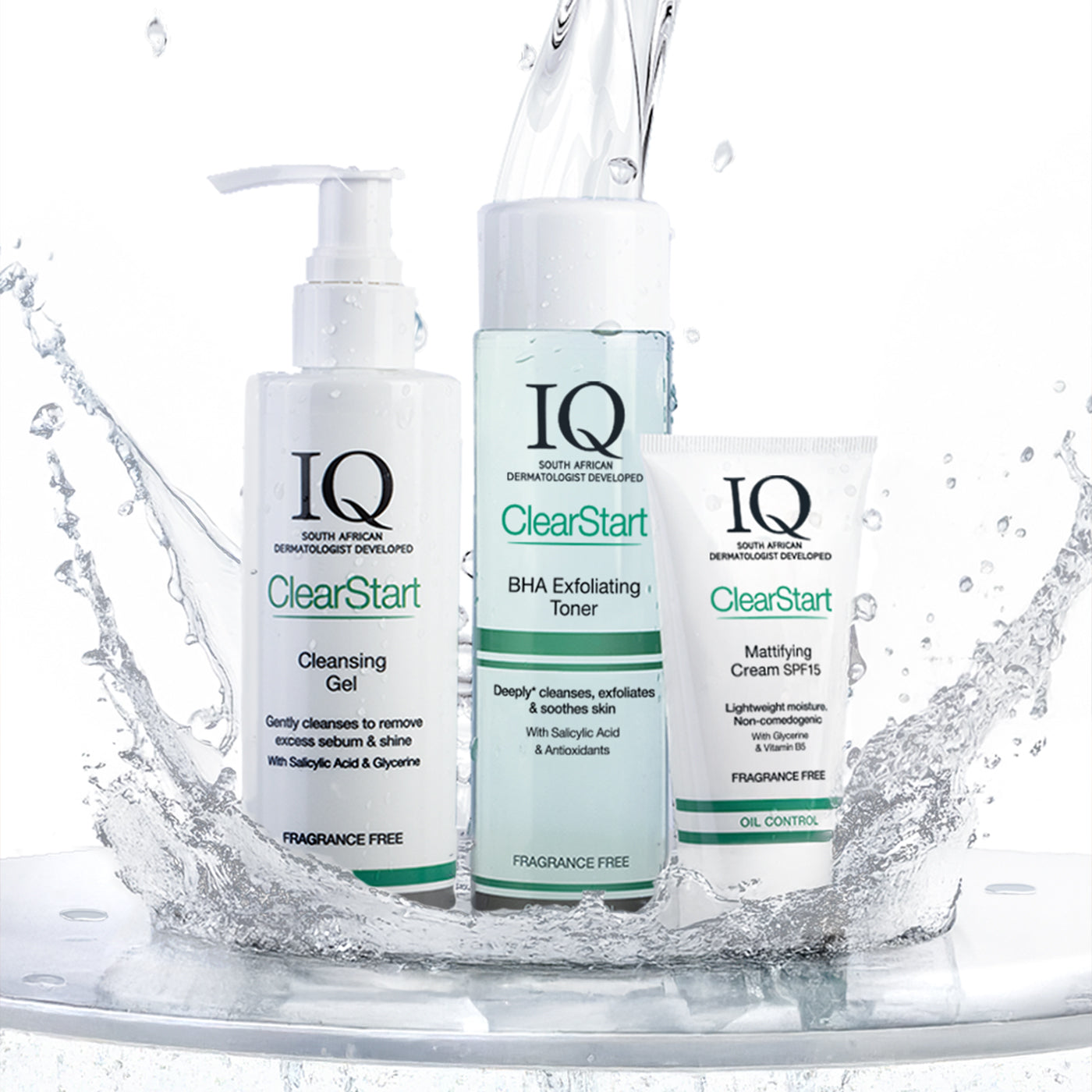
Oily
If your skin tends to be shiny, you are likely to have oily skin. Individuals with an oily skin type have heightened sebum production and are, therefore, more prone to blackheads and acne. Oily skin can be genetic, or occur when experiencing hormonal changes/imbalances, when taking certain medication, or from stress. Shine control is a top concern for oily skin and ingredients like mineral oil, and petrolatum should be avoided. Instead make use of exfoliators and moisturisers that help minimise breakouts. Look for products like oil-free moisturisers, chemical exfoliants and clay masks to keep oily skin happy and healthy.

